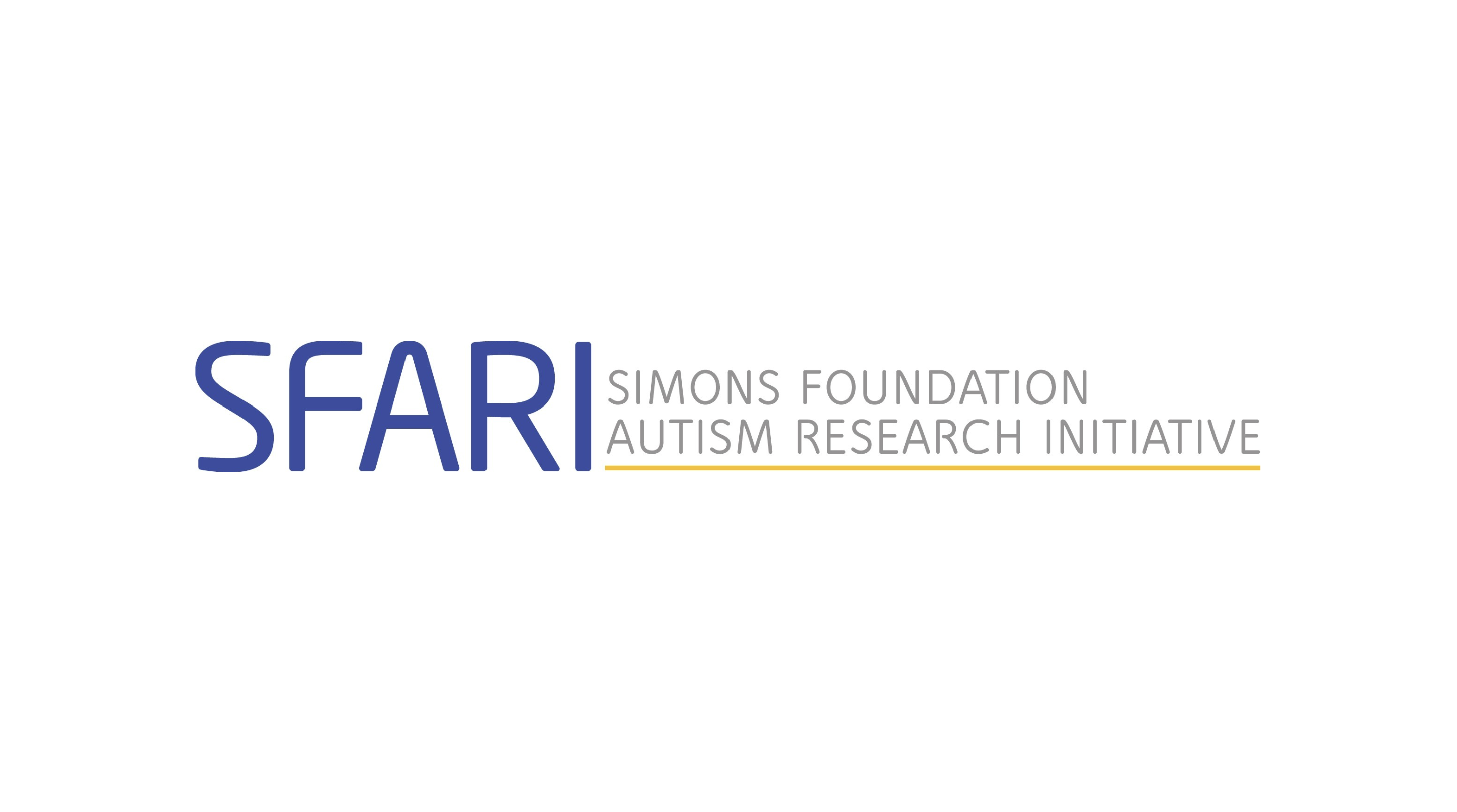BlinkLab Onboards University of Pennsylvania Perelman School of Medicine
BlinkLab onboards Ivy League institution Perelman School as Third Clinical Site for its FDA 510(k) Diagnostic Trial

Highlights:
- New Autism Research Site Engaged: BlinkLab onboards the Penn Center for Mental Health, Department of Psychiatry, University of Pennsylvania Perelman School of Medicine to participate in the main study phase of its pivotal FDA 510(k) diagnostic trial for autism.
- World-Class Medical Institution: The prestigious Penn Center for Mental Health at the University of Pennsylvania, an Ivy League academic institution, is a world-leader in autism research and diagnostic services.
- Main Study Phase: The main phase of Blinklab’s FDA 510(k) diagnostic trial will commence following completion of an initial pilot phase, which is scheduled to report in Q3 2025. The main phase of the trial is aiming to recruit up to 900 participants.
- FDA 510(k) Study Completion Submission: BlinkLab’s 510(k) study is expected to be completed in Q2 of CY2026 with final submission to the US Food & Drug Administration expected in Q3 of CY2026 for BlinkLab Dx 1.
BlinkLab Limited (ASX:BB1) (“BlinkLab”, or the “Company”), a leading digital healthcare company focused on AI-powered diagnostics, is pleased to announce it has engaged The University of Pennsylvania Perelman School of Medicine as its third clinical site for its ongoing FDA 510(k) diagnostic trial for the BlinkLab Dx 1 platform aimed at autism. The research will be conducted in collaboration with Dr. Heather Nuske, the Penn Center for Mental Health, a leading researcher in the field of digital mental health technology.
About the University of Pennsylvania Perelman School of Medicine The University of Pennsylvania Perelman School of Medicine is one of the oldest running, university-owned and affiliated teaching hospitals in the US and a flagship clinical institution. The school has been consistently ranked as one of the US top hospitals and has several ongoing collaborations with cutting-edge, specialised research programs.
Leadership in Autism Research and Digital Innovation
The onboarding of the University of Pennsylvania brings the expertise of leading autism researchers Dr. Heather Nuske and Prof. David Mandel, who will serve as site investigators for the trial. Heather Nuske is a developmental psychologist and Research Assistant Professor of Psychiatry at the Penn Center for Mental Health, whose work focuses on emotional processing and social functioning in children with autism. She has pioneered methods that bridge neuroscience and clinical practice, helping advance precision diagnostics and intervention. David Mandel is Professor of Psychiatry at the Perelman School of Medicine and a leading authority in autism services research and implementation science. Their work focuses on effective and equal deployment of digital health technologies in autism care. Together, Dr. Nuske and Prof. Mandel will bring world-class expertise at the intersection of autism research and digital technology.
Dr. Heather Nuske commented on the collaboration with BlinkLab:
“I am excited to be partnering with BlinkLab to test technology designed to ease the long waitlists that many families need to grapple with as they embark on what is often an exhausting and uncertain road to an autism diagnosis for their child.”
Commenting on the new engagement, BlinkLab Co-founder and CEO, Dr Henk Jan Boele, stated:
“We are delighted to collaborate with the University of Pennsylvania for the main study phase of our FDA registrational trial. The Perelman School of Medicine is one of the world’s foremost centers of excellence in autism research and care. Dr. Nuske and Dr. Mandel are outstanding collaborators who have already contributed invaluable intellectual insights and clinical expertise to our study. Partnering with an Ivy League institution of Penn’s caliber shows BlinkLab’s full commitment to the highest standards of scientific rigor and clinical excellence.”
About the FDA 510(k) Registrational Trial
BlinkLab is seeking FDA 510(k) clearance for its smartphone-based diagnostic tool, BlinkLab Dx 1. This registrational study aims to gain approval for the device, which is designed to assist in the detection of autism. The 510(k) study aims to prove the tool's safety and effectiveness against current diagnostic methods. BlinkLab is currently expanding clinical sites, prioritizing quality and diverse participant recruitment. The double-blinded study involves participants watching child-friendly videos on the BlinkLab app, while its technology monitors subtle (often reflex-based) behaviors like blinking, facial expressions, and head movements to identify autism biomarkers. BlinkLab Dx 1's results will be compared with traditional diagnoses for accuracy. The study will enroll a minimum of 260 children diagnosed with autism and 260 neurotypical children, with total enrollment potentially reaching 900. BlinkLab’s 510(k) study is expected to be completed in Q2 of CY2026 with final submission to the US Food & Drug Administration expected in Q3 of CY2026 for BlinkLab Dx 1.
Invest in BlinkLab
Interested in joining BlinkLab’s growth journey? Explore our Investor Centre.



%20SMALL.jpg)